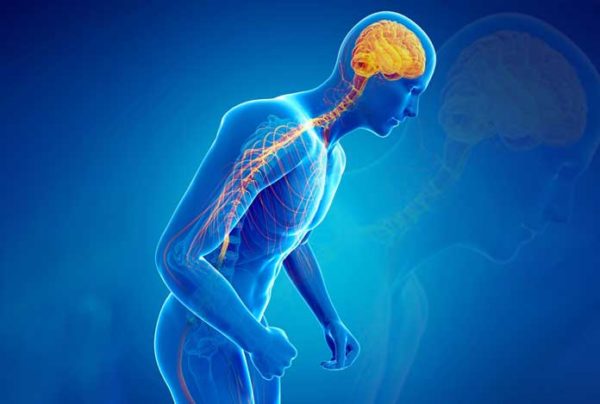Your brain is your control center, it regulates memory, emotions, focus, and every movement of your body. Yet, many of our daily habits can silently harm brain health without us even realizing it. Over time, these habits may increase the risk of memory loss, poor concentration, mood issues, and even neurological disorders.
1. Skipping Breakfast
Breakfast provides the brain with glucose its main source of energy. Skipping it regularly can cause fatigue, poor concentration, and slower mental performance.
2. Excessive Screen Time
Spending too much time on phones, TVs, or computers can strain your eyes, reduce focus, and negatively affect sleep and mental health.
3. No Mental Stimulation
Your brain is like a muscle it needs exercise. A lack of reading, puzzles, or learning new skills can reduce mental sharpness over time.
4. Smoking & Alcohol Overuse
Nicotine and alcohol damage brain cells, disrupt neurotransmitters, and speed up memory decline.
5. Chronic Stress
Long-term stress releases hormones that damage brain cells and increase the risk of anxiety, depression, and memory problems.
6. Poor Sleep Habits
Your brain detoxifies and repairs itself during sleep. Poor sleep reduces focus, creativity, and decision-making abilities.
7. Air Pollution Exposure
Pollutants can lower oxygen supply to the brain and increase the risk of cognitive decline.
8. Dehydration
The brain is 75% water, dehydration can cause headaches, confusion, and reduced alertness.
9. Lack of Physical Activity
Exercise boosts blood flow and oxygen to the brain, improving memory and mood. A sedentary lifestyle increases the risk of stroke and dementia.
10. Junk Food Overload
High-fat, high-sugar diets harm memory and reduce brain-derived neurotrophic factor (BDNF), which supports learning and memory.
Protect Your Brain Health
Your brain health depends on your daily choices. Small lifestyle changes eating nutritious meals, staying active, sleeping well, and managing stress can make a big difference in protecting your memory and overall brain function.
If you notice memory loss, frequent headaches, or other neurological symptoms, consult a neurologist for early guidance and treatment.
Dr Varun Reddy
DM Neurology, AIIMS New Delhi
Senior Neurologist
WhatsApp message us : +91 73865 77796


.jpg)

